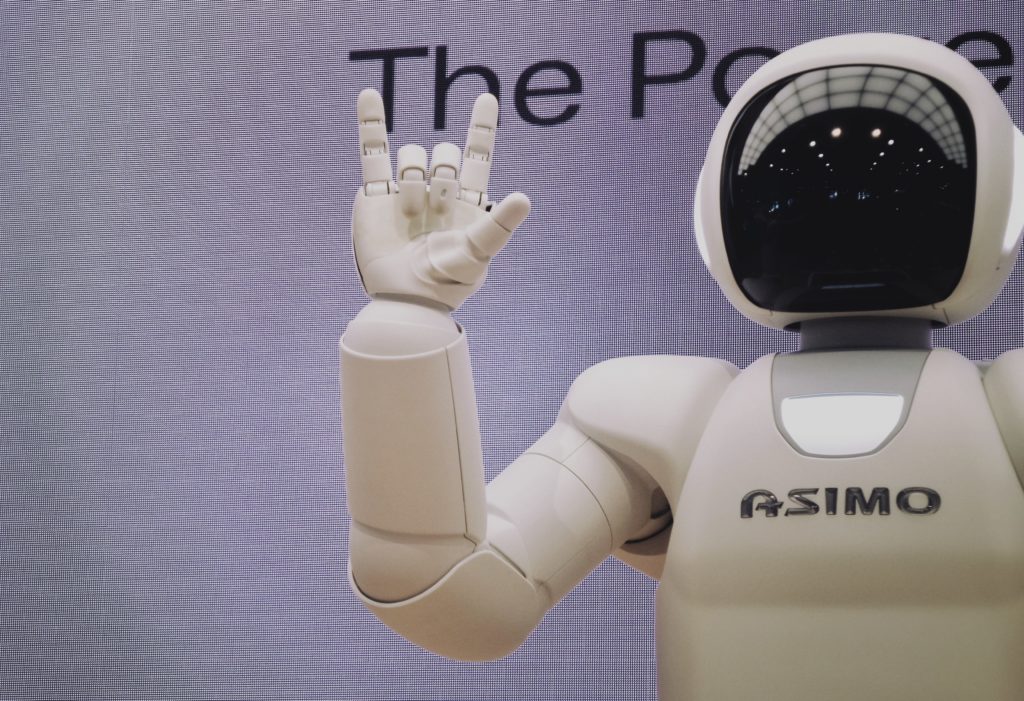Why it is wrong to always prefer human judgment over AI decision-making
By Tina De Maere – Januari 20, 2023

When it comes to taking important decisions, people tend to distrust AI systems or algorithms. We find it difficult to believe that a computer can be a better predictor than a human being. After all, why would a robot know better which Spotify playlist to play on your first date? Why would it be better at choosing the right school for your kids to go to? Or, lastly, how could an algorithm be a better forecaster when it comes to hiring the perfect legal freelancer for your business?
Aren’t these all problems your gut feeling could solve more easily?
In this blog, we explain why people have a willingness to trust themselves more than AI mechanisms. We’ll also argue that rejecting AI decision-making tools at first glance might sometimes be a mistake.
People pursue perfect outcomes
Why do people tend to prefer their own gut feeling over an algorithmic forecast?
First of all, there’s the phenomenon of variance. Generally speaking, people display wider differences in their decision-making outcomes than algorithms. This means that, overall, a human person will have higher odds than an algorithm of performing really well, but will also carry an elevated risk of delivering very poor results.
For instance, when matching a legal freelancer with the right company or assignment, a human might find the perfect match, but he could also choose someone who is completely wrong and ill-fitted for the job.
Algorithms, on the other hand, often show less outliers. They will make better predictions on average, without the odds of either performing very poorly or reaching a nearly perfect result.
Research by Dietvorst, Simmons, Massey en Bharti suggests that people tend to rely on decision-makers of the first kind, with higher odds of delivering a perfect prediction, even when this implies the risk of being completely inaccurate. Generally, therefore, people reject automated forecasting, because they fear they might miss the ‘perfect shot’, even though these systems often perform better on average than humans.
People set higher standards when it comes to AI
Another reason for why people rely more on their own judgment, relates to the standards they set for both human and algorithmic decision-making.
As Dietvorst has set out in his research, people tend to hold AI systems to higher standards. For us, a human person is the ‘default setting’ when it comes to decision-making. When we have to solve a problem, we try to do it by ourselves before even considering if someone or something else might do a better job than us.
But even then, people still tend to keep a conservative mindset. After all, they’ll only consider a change from the default setting if an algorithm can reach a specific performance target that is mostly higher than the one they marked for human decision-making. No-one will ask themselves whether the algorithm might deliver better results on average, while this would be the correct question to reflect on.
For instance, when searching for the right legal consultant for an open position, people will tend to rely on their own judgment, even though an automated matchmaker delivers better results on average.
Conclusion: don’t reject an algorithm at first glance
People are inclined to reject automated decision-making by algorithms, because these systems are often unable to reach the elevated standards set out by us. However, by looking more closely, you might see that these algorithmic forecasters are more precise than their human equivalent.
Because both forms of decision-making seem to have their own advantages, Limine combines the technology of automated matchmaking with the personal assistance of a human guide. We try to bring the best of both worlds together on our platform and help legal consultants and companies to find their perfect match every single day.
Ready for a new assignment as a legal advisor? Or looking for a legal expert to strengthen your team? Join our community now!
